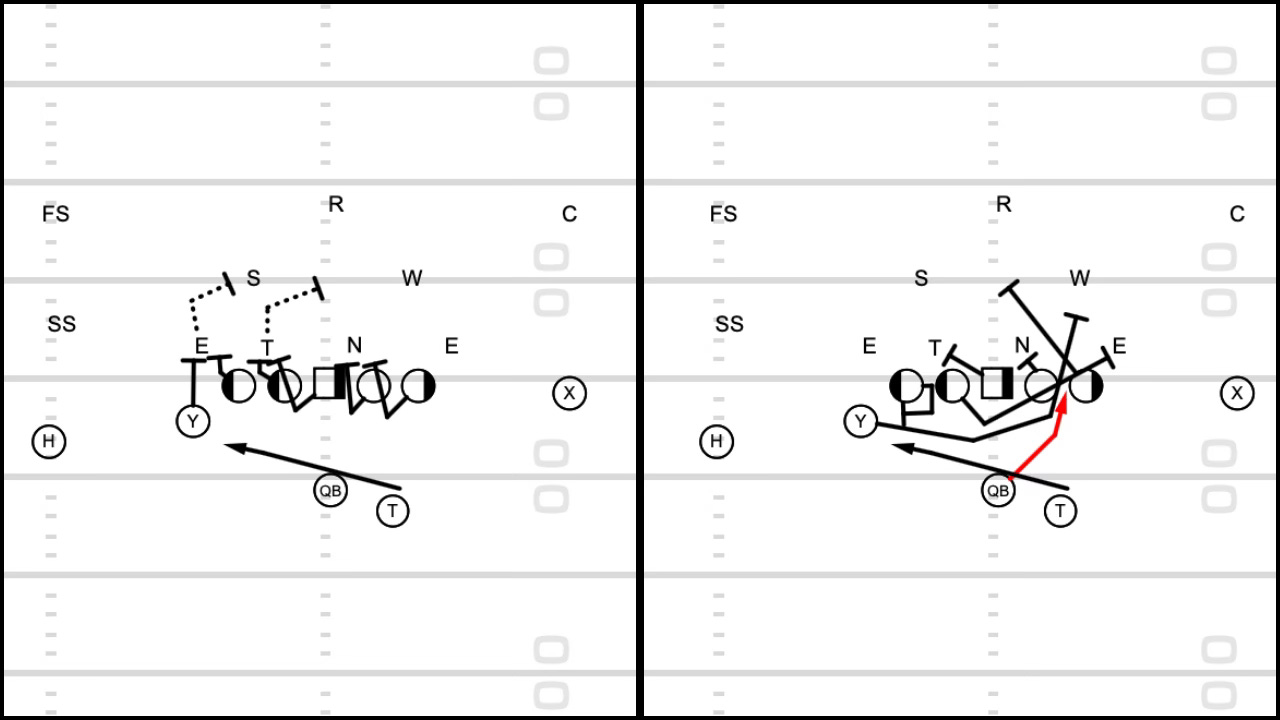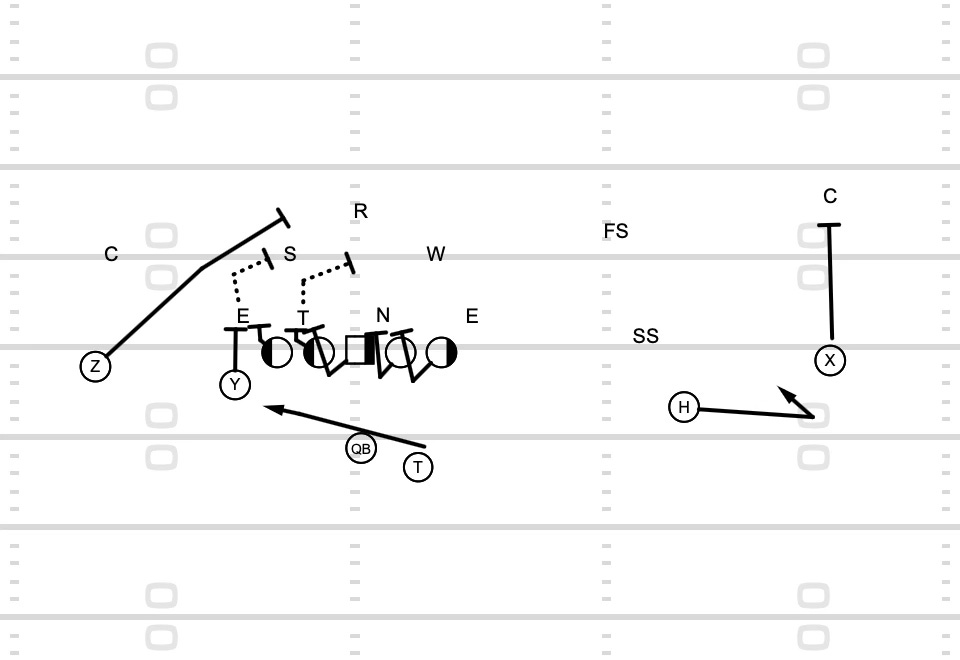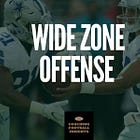Wide Zone + Counter: Adapting Without Abandoning Your System
Why Building a Complementary Series Matters More Than Just Adding Plays
I stress about having a “system.” A clear identity. A foundation that sets up the entire offense.
But within any system we must account for, and be able to adapt to our players.
A system that can’t adapt to the players you have ins’t a system. At least not one that will help you win long term.
You need flexibility built into your structure so when real football happens: injuries, mismatches, defensive adjustments, you’re ready.
Our Need for Adjustment
We’ve been a Wide Zone team for years. It’s our foundation. Our install, our drills, our language, it all stems from it.
But this past season, we started 0–2.
We weren’t abandoning Wide Zone, but we had to take a hard look at how we were using it.
That’s when we leaned into something we’ve always believed, but had to truly live out this year: adapt the system to your kids, not your kids to the system.
The Series That Turned Our Season
After those two losses, we reevaluated everything. Our best lineman was a mauler who played better pulling than reaching. Our quarterback and running back were physical runners.
So we married Wide Zone Strong with Counter Weak and everything changed.
It wasn’t a new playbook. (We installed counter in the summer.) It wasn’t panic. It was applying the same system principles with better answers for our kids.
Here’s how we structured it:
Wide Zone Strong: Stretch the defense horizontally, force edge discipline, and make them run.
Counter Weak: Attack backside linebacker overplay, use our angles and double teams to attack the defense vertically.
It became a true series, one play creating conflict for the other.
Defenses that flowed hard with Wide Zone were punished with Counter. If they sat back, Wide Zone wore them down. It wasn’t just a change of play it was a change of pressure.
Wide Zone Strong
I’ve covered this play extensively in many articles here, so I’m not going to dive too deep here. Here are some good examples:
Because our quarterback was a tough physical runner we made the adjustment to go away from the pistol, and have the running back to the side. This allowed the quarterback to read the backside end.
This also set the stage for Counter.







